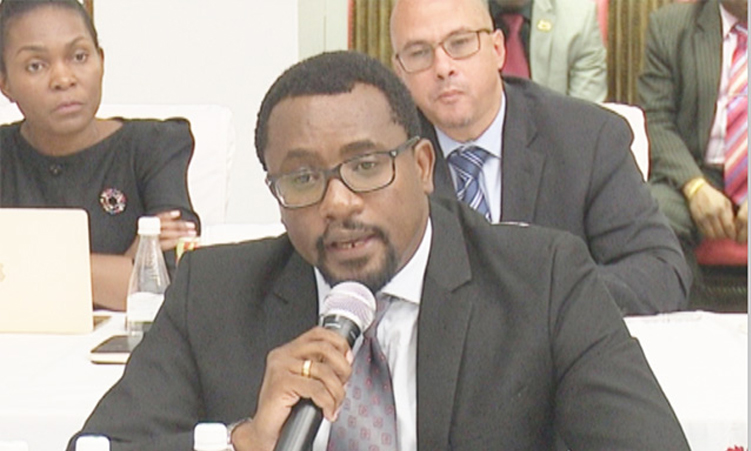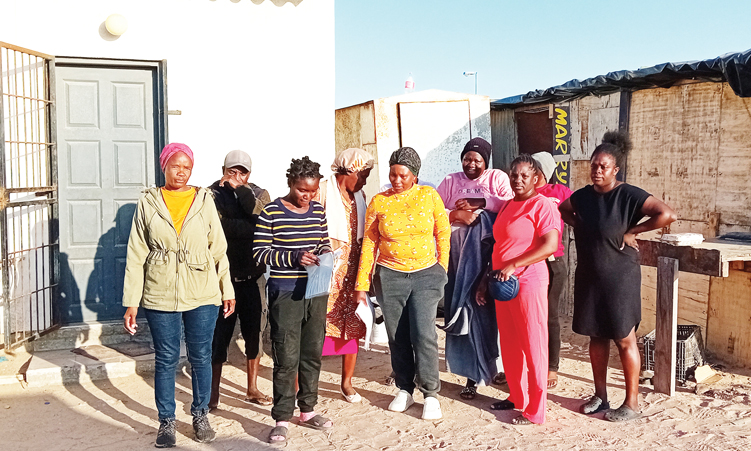DESPITE being exempted from paying audit fees and to divert such funds to capacity building, the majority of local authorities fail to draw up their own financial statements, a special report has revealed.
The report titled ‘Special Report of the Auditor General (AG) on the Non-Submission of Financial Statements’ issued by Junias Kandjeke, the AG said little if any progress has been recorded at local authorities in terms of meeting their fiduciary duties.
This pertains specifically to the preparation of financial statements.
At present, many local authorities are dependent on consultants to draw up their financial statements. However, this is a costly exercise.
As a consequence, the AG’s office stepped in five years ago.
“The Office of the Auditor General obtained Treasury approval to exempt all local authorities from paying audit fees for a period of five years starting 1 April 2014 on the condition that local authorities utilise the savings towards capacity building with the aim that local authorities should be able to draw up their own financial statements by 31 March 2019,” Kandjeke said in the report.
Little progress has however been made in this regard.
The AG has therefore recommended to the Ministry of Finance that it should formulate a training programme to train staff at local authorities in the drafting of financial statements.
Further in the report, it was found that 12 village councils, 12 town councils, six regional councils and six statutory bodies did not submit their financial statements as required by the law.
The non-complaint regional councils are Zambezi, Ohangwena, Oshikoto, Otjozondjupa, Omaheke and Kavango West.
The statutory bodies also breaching their respective Acts by not submitting financial statements up to the 2017/18 financial year are the Film and Video Development Fund (2016/17 and 2017/18) and New Era Publication Corporation (2017/18).
Community Courts have not accounted for since 2004.
The National Emergency Disaster Fund did not submit its statements for the 2016/17 and 2017/18 financial years.
As for the Marine Resources Fund, the body failed to make its financial statement submissions for the 2016/17 and 2017/18 financial years. For three consecutive financial years from 2015/16, the Minerals Development Fund failed to make any submission to the auditor general.
“Non-submission of financial statements hampers the execution of my mandate and causes unnecessary delays and as such I express my concern to the National Assembly,” Kandjeke said.
The financial statements referred to include a balance sheet showing assets and liabilities; a statement of income and expenditure and any other statement that may from time to time be required by the auditor general. – Nampa
Stay informed with The Namibian – your source for credible journalism. Get in-depth reporting and opinions for
only N$85 a month. Invest in journalism, invest in democracy –
Subscribe Now!










